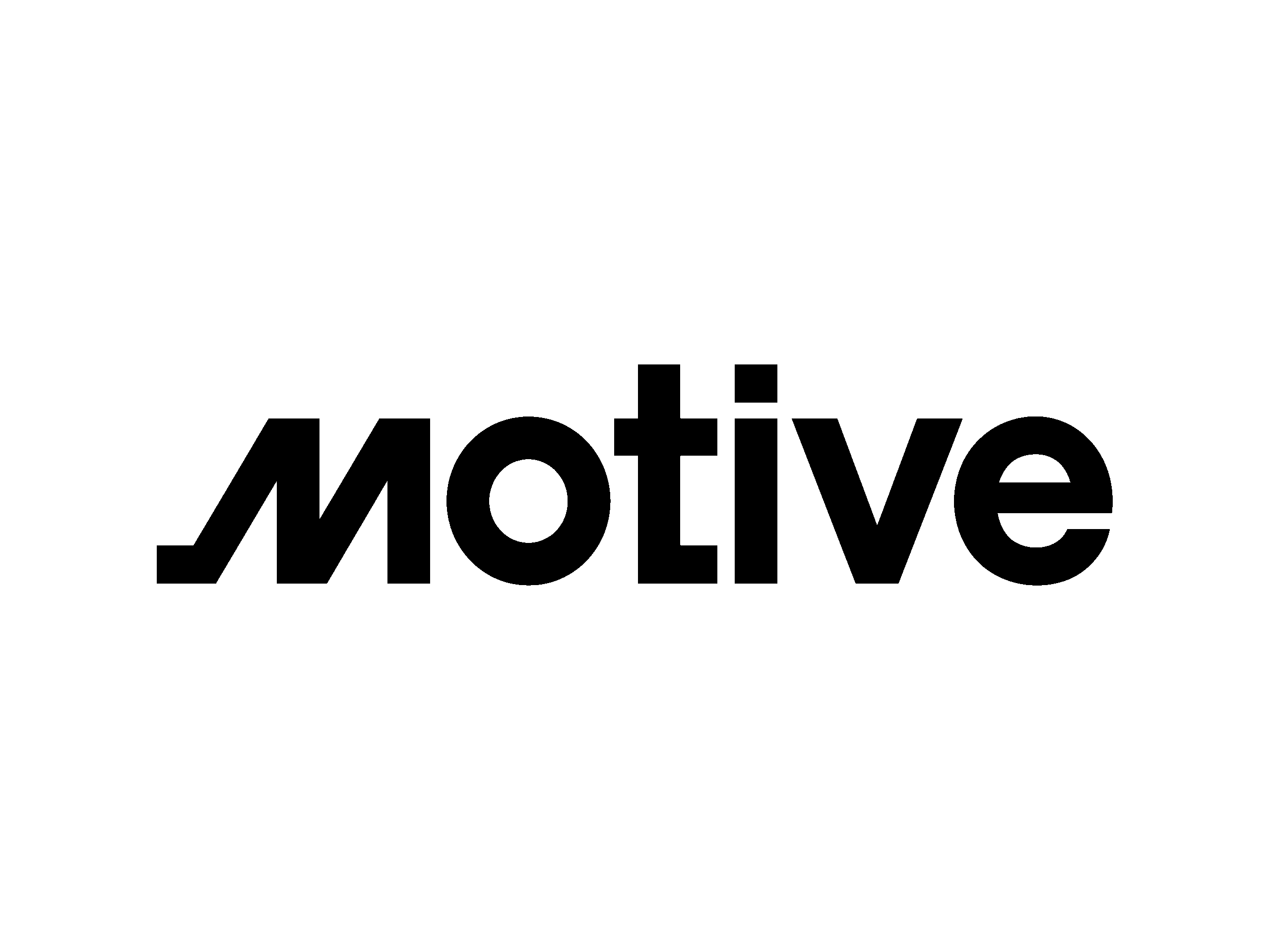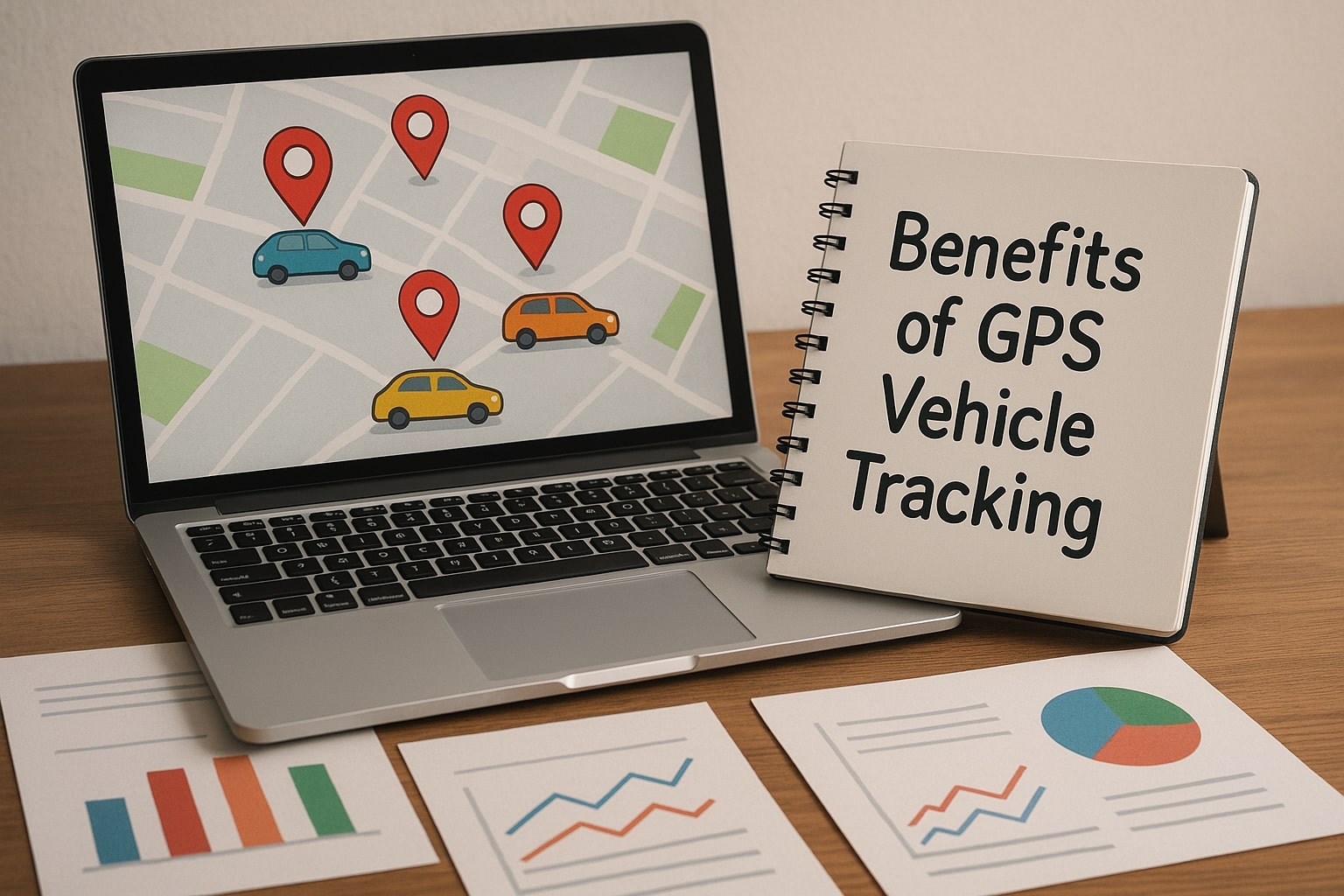Vehicle Tracking Online
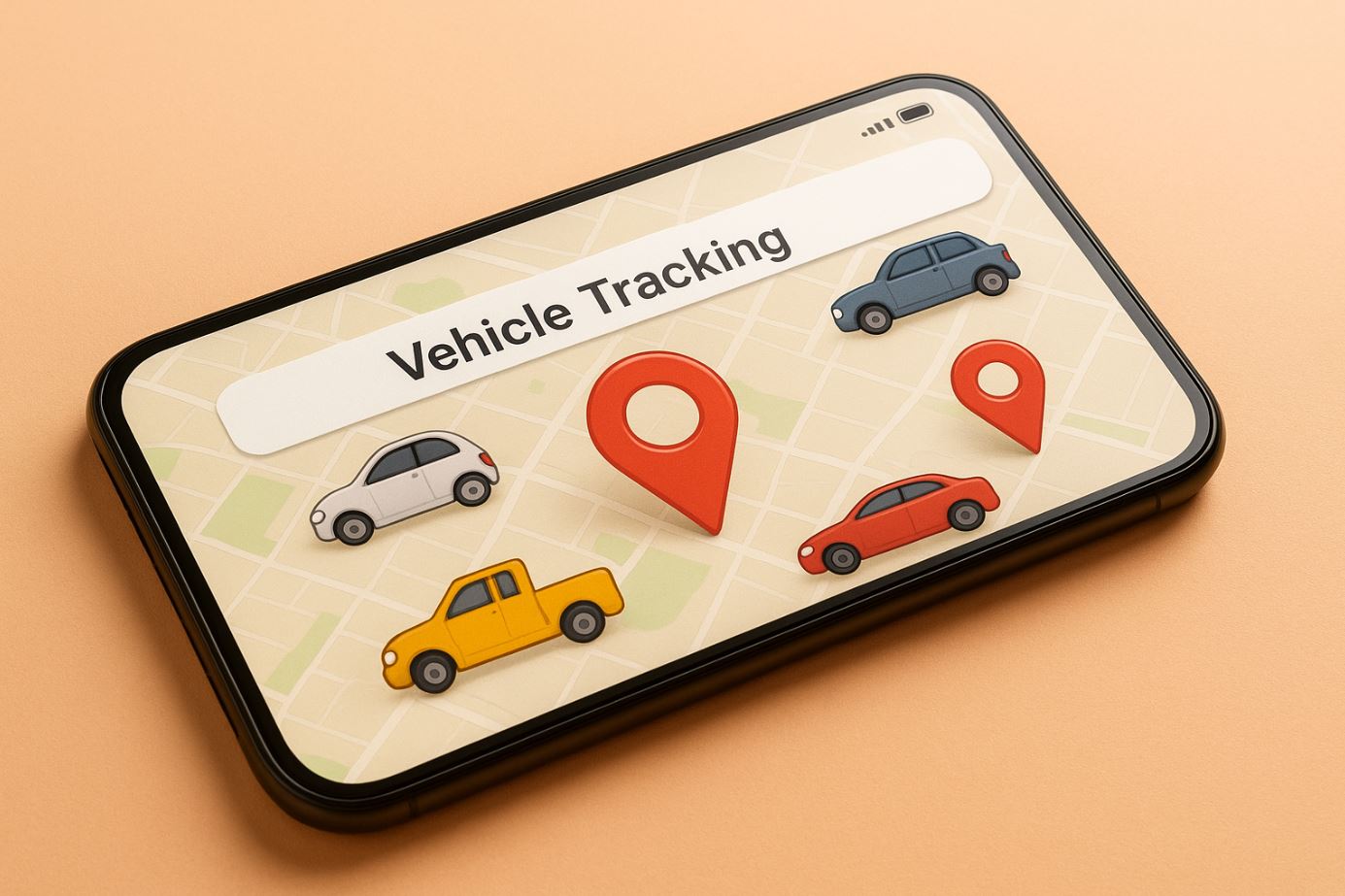
In today’s competitive business landscape, effective fleet management has become a critical factor for organizational success. Consequently, vehicle tracking technology has evolved from a luxury to an essential tool for businesses of all sizes. Furthermore, real-time visibility and control over your fleet operations can significantly impact your bottom line through improved efficiency, reduced costs, and enhanced customer satisfaction.
Table of Contents
- Quick Summary
- What is online vehicle tracking?
- What are the Leading Vehicle Tracking Service Providers?
- What are the core benefits of online vehicle tracking?
- What are the main features and capabilities?
- What are the strategies for implementing online vehicle tracking?
- Cost Analysis and ROI Considerations
- What are the industry-specific applications?
- What are the integrations and compatibility of technologies?
- What are the data security and privacy issues?
- What are the Future Trends in Vehicle Tracking?
- Summing up
- Frequently Asked Questions
- Benefits of Cooperation with Solution for Guru Company
Quick Summary
Online vehicle tracking systems provide businesses with comprehensive real-time monitoring capabilities for their fleet operations. Additionally, these platforms offer features including GPS location tracking, route optimization, driver behavior monitoring, maintenance scheduling, and fuel consumption analysis. Moreover, leading providers such as Azuga, Motive, Samsara, and Verizon Connect deliver scalable solutions that integrate seamlessly with existing business operations. Ultimately, implementing vehicle tracking technology results in reduced operational costs, improved safety standards, enhanced customer service, and increased overall fleet efficiency.
What is online vehicle tracking?
Vehicle tracking online represents a sophisticated fleet management solution that utilizes GPS technology, cellular networks, and cloud-based platforms to provide real-time monitoring and control of vehicle fleets. Essentially, these systems combine hardware devices installed in vehicles with web-based software platforms that allow fleet managers to access comprehensive data from any internet-connected device.
The technology operates through several interconnected components that work together seamlessly. Initially, GPS tracking devices installed in each vehicle collect location data, speed information, engine diagnostics, and driver behavior metrics. Subsequently, this information is transmitted via cellular networks to cloud-based servers where it is processed and analyzed. Finally, fleet managers can access this data through user-friendly web portals or mobile applications.
Furthermore, modern vehicle tracking systems extend far beyond simple location monitoring. Instead, they provide comprehensive fleet management capabilities including route planning, maintenance scheduling, fuel management, driver performance analysis, and regulatory compliance reporting. Consequently, businesses can achieve unprecedented visibility into their fleet operations while maintaining complete control over their assets.
What are the Leading Vehicle Tracking Service Providers?
Azuga Fleet Management

Azuga stands as a prominent player in the vehicle tracking industry, offering comprehensive fleet management solutions designed for businesses of all sizes. Specifically, Azuga’s platform combines GPS tracking with advanced analytics to deliver actionable insights that improve fleet efficiency and safety.
The company’s solution includes several key features that directly relate to online vehicle tracking effectiveness. For instance, their real-time GPS tracking provides accurate location data with frequent updates, ensuring fleet managers always know where their vehicles are located. Additionally, Azuga offers robust reporting capabilities that analyze driver behavior, fuel consumption, and vehicle utilization patterns.
Moreover, Azuga’s platform integrates seamlessly with various business systems, allowing for streamlined operations and improved data accuracy. The company also provides excellent customer support and training programs to ensure successful implementation and ongoing optimization of their vehicle tracking solutions.
Motive Fleet Solutions
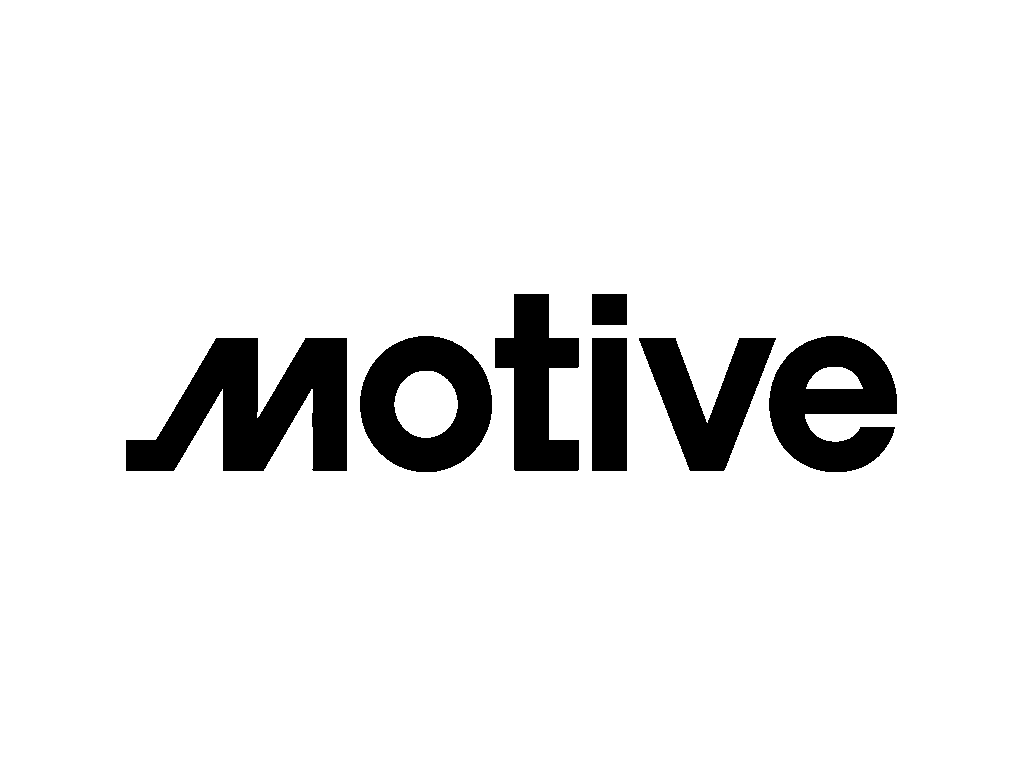
Motive, formerly known as KeepTruckin, delivers comprehensive fleet management solutions that emphasize safety, compliance, and operational efficiency. Particularly noteworthy is their focus on providing real-time visibility into fleet operations through their advanced online tracking platform.
The Motive platform offers extensive capabilities that align perfectly with modern vehicle tracking requirements. Specifically, their solution includes GPS tracking, electronic logging device (ELD) compliance, driver vehicle inspection reports (DVIR), and comprehensive fleet analytics. Furthermore, Motive’s mobile-first approach ensures that drivers and fleet managers can access critical information regardless of their location.
Additionally, Motive’s platform provides advanced safety features including dashcams, driver coaching, and collision detection systems. These features work together to create a comprehensive vehicle tracking ecosystem that promotes both operational efficiency and safety compliance.
Samsara Platform

Samsara offers an innovative Internet of Things (IoT) platform that transforms traditional fleet management through connected vehicle technology. Notably, their approach to online vehicle tracking incorporates artificial intelligence and machine learning to provide predictive insights and automated reporting capabilities.
The Samsara platform excels in providing comprehensive visibility through their integrated dashboard and mobile applications. For example, their real-time tracking capabilities include not only location monitoring but also engine diagnostics, fuel levels, and driver behavior analysis. Moreover, Samsara‘s platform offers customizable alerts and notifications that keep fleet managers informed about critical events as they occur.
Furthermore, Samsara’s commitment to innovation is evident in their continuous platform updates and new feature releases. Their API-first architecture also enables seamless integration with existing business systems, making it easier for organizations to adopt their vehicle tracking solutions without disrupting current workflows.
Verizon Connect Services

Verizon Connect leverages the reliability and coverage of Verizon’s cellular network to deliver robust vehicle tracking solutions for businesses across various industries. Importantly, their platform combines fleet management with workforce management capabilities, providing a comprehensive solution for organizations with mobile workforces.
The Verizon Connect platform offers several features that enhance online vehicle tracking effectiveness. Specifically, their solution includes real-time GPS tracking, route optimization, job dispatching, and customer communication tools. Additionally, their platform provides detailed reporting and analytics that help businesses identify opportunities for improvement and cost reduction.
Moreover, Verizon Connect’s emphasis on customer success is evident through their comprehensive support programs, training resources, and consulting services. This approach ensures that businesses can maximize the value of their vehicle tracking investment while achieving their operational objectives.
Comprehensive Service Comparison
The following comparison table provides an overview of key features and capabilities offered by the leading vehicle tracking service providers:
What are the core benefits of online vehicle tracking?
| Benefit Category | Primary Advantages | Impact on Business Operations |
|---|---|---|
| Cost Reduction | Fuel savings, reduced maintenance costs, lower insurance premiums | 15-25% decrease in operational expenses |
| Safety Enhancement | Driver behavior monitoring, accident prevention, emergency response | 40-60% reduction in accidents and incidents |
| Efficiency Improvement | Route optimization, reduced idle time, improved productivity | 20-30% increase in operational efficiency |
| Customer Service | Real-time delivery updates, accurate ETAs, improved communication | 35-50% improvement in customer satisfaction |
| Compliance Management | Automated reporting, regulatory adherence, audit trail maintenance | 90% reduction in compliance-related issues |
The implementation of online vehicle tracking systems delivers substantial benefits that directly impact business profitability and operational effectiveness. Primarily, cost reduction represents one of the most significant advantages, as businesses typically experience immediate savings through improved fuel efficiency, optimized routes, and reduced vehicle wear and tear.
Furthermore, enhanced safety represents another critical benefit that extends beyond cost savings to include risk mitigation and regulatory compliance. Through continuous monitoring of driver behavior, businesses can identify and address unsafe practices before they result in accidents or violations. Additionally, real-time tracking capabilities enable rapid emergency response, potentially saving lives and reducing liability exposure.
Operational efficiency improvements also contribute significantly to overall business success. Specifically, route optimization algorithms can reduce travel time and fuel consumption while ensuring timely deliveries. Moreover, reduced idle time and improved vehicle utilization maximize the return on fleet investments.
What are the main features and capabilities?
Modern vehicle tracking systems offer a comprehensive array of features designed to address various aspects of fleet management. Understanding these capabilities is crucial for selecting the most appropriate solution for your business needs.
Real-Time GPS Tracking and Mapping
The foundation of any effective vehicle tracking system lies in its ability to provide accurate, real-time location information. Contemporary systems utilize advanced GPS technology combined with cellular connectivity to deliver location updates as frequently as every few seconds. Moreover, interactive mapping interfaces allow fleet managers to visualize vehicle locations, routes, and destinations in an intuitive format.
Additionally, geofencing capabilities enable automated monitoring of specific geographic areas. Consequently, fleet managers receive instant notifications when vehicles enter or exit designated zones, helping ensure adherence to planned routes and schedules.
Driver Behavior Monitoring and Coaching
Advanced vehicle tracking systems incorporate comprehensive driver monitoring capabilities that analyze various performance metrics. For instance, these systems track speeding incidents, harsh acceleration and braking events, excessive idle time, and unauthorized vehicle use. Furthermore, many platforms offer driver coaching programs that provide feedback and training recommendations based on observed behaviors.
The data collected through driver monitoring serves multiple purposes beyond performance evaluation. Specifically, this information can be used to identify training needs, recognize exceptional performance, and implement targeted improvement programs that enhance overall fleet safety.
Route Optimization and Planning
Sophisticated algorithms enable vehicle tracking systems to calculate optimal routes based on multiple factors including traffic conditions, delivery schedules, vehicle capacity, and customer preferences. Consequently, businesses can reduce fuel consumption, minimize travel time, and improve customer satisfaction through more efficient routing.
Moreover, dynamic route optimization capabilities allow for real-time adjustments based on changing conditions such as traffic congestion, vehicle breakdowns, or priority deliveries. This flexibility ensures that fleet operations remain efficient even when unexpected circumstances arise.
Maintenance Management and Scheduling
Proactive maintenance management represents a crucial component of effective fleet operations. Therefore, vehicle tracking systems monitor engine diagnostics, mileage accumulation, and usage patterns to predict maintenance needs before problems occur. Additionally, automated scheduling and reminder systems ensure that routine maintenance tasks are completed on time.
Furthermore, comprehensive maintenance records help businesses track repair costs, identify problematic vehicles, and make informed decisions about fleet replacement schedules. This data-driven approach to maintenance management can significantly reduce unexpected breakdowns and associated costs.
What are the strategies for implementing online vehicle tracking?

Successfully implementing a vehicle tracking system requires careful planning and systematic execution. Moreover, the approach taken during implementation can significantly impact user adoption rates and overall system effectiveness.
Assessment and Planning Phase
The implementation process should begin with a comprehensive assessment of current fleet operations and identification of specific objectives. Initially, businesses should evaluate their existing processes, identify pain points, and establish measurable goals for the vehicle tracking system. Subsequently, this information guides the selection of appropriate features and capabilities.
Furthermore, stakeholder engagement plays a crucial role during the planning phase. Therefore, involving drivers, dispatchers, maintenance personnel, and management in the planning process helps ensure that the selected solution addresses real operational needs while gaining organizational support.
Technology Selection and Customization
Choosing the right vehicle tracking platform requires careful evaluation of multiple factors including scalability, integration capabilities, user interface design, and vendor support quality. Additionally, businesses should consider their specific industry requirements and any unique operational challenges they face.
Moreover, most enterprise-grade vehicle tracking systems offer customization options that allow businesses to tailor the platform to their specific needs. Consequently, working with vendors to configure alerts, reports, and workflows ensures maximum value from the implementation.
Training and Change Management
Effective training programs are essential for successful vehicle tracking system adoption. Specifically, different user groups require different types of training, with drivers needing instruction on device operation and safety protocols, while managers require training on reporting and analysis capabilities.
Additionally, change management strategies should address potential resistance to the new technology. Therefore, communicating the benefits of vehicle tracking, addressing concerns about privacy and monitoring, and providing ongoing support helps ensure smooth transitions and high adoption rates.
Cost Analysis and ROI Considerations
Understanding the financial implications of vehicle tracking system implementation is crucial for making informed decisions about technology investments. Furthermore, calculating return on investment (ROI) helps justify the expense and demonstrates the value of fleet management technology.
Initial Investment Requirements
| Cost Component | Typical Range | Factors Affecting Cost |
|---|---|---|
| Hardware (per vehicle) | $200 – $800 | Device complexity, installation requirements |
| Software licensing | $20 – $100 per vehicle/month | Feature set, user count, customization level |
| Installation services | $50 – $200 per vehicle | Complexity, location, training requirements |
| Training and setup | $1,000 – $10,000 | Fleet size, customization needs, user count |
The initial investment in vehicle tracking technology varies significantly based on fleet size, feature requirements, and implementation complexity. Generally, businesses should budget for hardware costs, software licensing fees, installation services, and training expenses. However, many providers offer flexible pricing models that allow businesses to scale their investment based on their specific needs and budget constraints.
Moreover, financing options and phased implementation approaches can help businesses manage initial costs while still achieving operational benefits. Additionally, some providers offer trial periods or pilot programs that allow businesses to evaluate the technology before making full commitments.
Ongoing Operational Costs
Beyond initial implementation expenses, businesses must consider ongoing costs associated with vehicle tracking systems. Primarily, these include monthly software licensing fees, cellular data charges, hardware maintenance, and periodic system updates. Furthermore, some providers offer comprehensive service packages that include hardware replacement, technical support, and system upgrades for a single monthly fee.
Additionally, businesses should factor in internal costs such as staff time for system management, report analysis, and user support. However, these costs are typically offset by the operational efficiencies and cost savings achieved through effective fleet management.
Return on Investment Analysis
Most businesses experience positive ROI from vehicle tracking systems within 6-18 months of implementation. Specifically, cost savings typically result from reduced fuel consumption, lower maintenance expenses, decreased insurance premiums, and improved productivity. Moreover, many organizations achieve additional benefits through enhanced customer satisfaction and competitive advantages.
Furthermore, intangible benefits such as improved safety records, regulatory compliance, and employee accountability contribute to overall value but may be more difficult to quantify. Therefore, comprehensive ROI analysis should consider both direct cost savings and indirect operational improvements.
What are the industry-specific applications?

Vehicle tracking technology serves diverse industries, each with unique requirements and challenges. Consequently, understanding industry-specific applications helps demonstrate the versatility and value of modern fleet management solutions.
Transportation and Logistics
The transportation industry represents the largest user base for vehicle tracking technology, with applications ranging from long-haul trucking to local delivery services. Specifically, these businesses benefit from route optimization, load tracking, delivery confirmation, and regulatory compliance features. Moreover, customer communication capabilities enable real-time shipment tracking and proactive delivery notifications.
Additionally, the logistics industry utilizes vehicle tracking data to optimize warehouse operations, improve inventory management, and enhance supply chain visibility. Furthermore, integration with enterprise resource planning (ERP) systems enables seamless data flow between fleet operations and business management systems.
Construction and Field Services
Construction companies and field service organizations face unique challenges related to equipment tracking, job site management, and worker safety. Therefore, vehicle tracking systems provide valuable capabilities including equipment utilization monitoring, time and attendance tracking, and emergency response coordination.
Moreover, these industries benefit from geofencing capabilities that monitor job site activities, automated timesheet generation based on location data, and integration with project management systems. Additionally, maintenance scheduling features help ensure that specialized equipment remains operational and compliant with safety regulations.
Emergency Services and Public Safety
Emergency services organizations require specialized vehicle tracking capabilities that support rapid response and public safety objectives. Specifically, these systems provide real-time vehicle location data, automated dispatch support, and incident response coordination. Furthermore, integration with computer-aided dispatch (CAD) systems enables seamless communication between tracking systems and emergency response protocols.
Additionally, public safety organizations utilize vehicle tracking data for resource allocation, response time analysis, and performance optimization. Moreover, these systems support accountability and transparency requirements while providing valuable data for grant applications and budget justification.
What are the integrations and compatibility of technologies?
Modern vehicle tracking systems are designed to integrate seamlessly with existing business technologies and workflows. Consequently, understanding integration capabilities is crucial for maximizing system value and operational efficiency.
Enterprise Resource Planning (ERP) Integration
Vehicle tracking systems can integrate with ERP systems to provide comprehensive business intelligence and streamlined operations. Specifically, this integration enables automatic transfer of delivery information, customer communications, and cost data between systems. Moreover, unified reporting capabilities provide management with complete visibility into operational performance and financial impact.
Furthermore, ERP integration eliminates manual data entry requirements, reducing errors and improving data accuracy. Additionally, real-time synchronization ensures that all systems maintain current information, enabling better decision-making and customer service.
Customer Relationship Management (CRM) Systems
Integration with CRM systems enables businesses to provide superior customer service through real-time delivery updates, accurate arrival estimates, and proactive communication about delays or changes. Moreover, this integration allows customer service representatives to access vehicle location and status information directly from their CRM interface.
Additionally, CRM integration supports automated customer notifications, service completion confirmations, and follow-up communications. Furthermore, the combination of vehicle tracking data with customer information enables businesses to identify service patterns, optimize scheduling, and improve overall customer satisfaction.
Accounting and Financial Systems
Financial system integration enables automatic cost allocation, invoice generation, and expense tracking based on vehicle tracking data. Specifically, businesses can automatically calculate mileage-based charges, fuel costs, and service delivery times for accurate customer billing. Moreover, this integration provides detailed cost analysis capabilities that support budgeting and financial planning activities.
Furthermore, automated expense tracking helps businesses identify cost reduction opportunities, monitor budget adherence, and improve financial reporting accuracy. Additionally, integration with payroll systems enables automatic calculation of mileage reimbursements and overtime payments based on actual vehicle usage data.
What are the data security and privacy issues?
As vehicle tracking systems collect and process sensitive location and operational data, security and privacy considerations play crucial roles in system selection and implementation. Moreover, businesses must ensure compliance with relevant regulations while protecting both employee and customer information.
Data Protection and Encryption
Leading vehicle tracking providers implement comprehensive security measures including end-to-end encryption, secure data transmission protocols, and protected data storage systems. Specifically, these measures ensure that sensitive location and operational data remains secure throughout collection, transmission, and storage processes.
Furthermore, access control systems ensure that only authorized personnel can view sensitive information, while audit trails track all system access and data modifications. Additionally, regular security updates and vulnerability assessments help maintain system integrity against evolving threats.
Privacy Policy and Employee Rights
Businesses implementing vehicle tracking systems must develop clear privacy policies that outline data collection practices, usage limitations, and employee rights. Moreover, transparent communication about tracking capabilities helps build trust and ensures compliance with employment regulations.
Additionally, businesses should consider implementing policies that distinguish between business use and personal use of tracked vehicles. Furthermore, providing employees with access to their own tracking data and performance metrics promotes transparency and accountability while addressing privacy concerns.
What are the Future Trends in Vehicle Tracking?

The vehicle tracking industry continues to evolve rapidly, with emerging technologies promising to deliver even greater capabilities and value. Understanding these trends helps businesses make informed decisions about technology investments and strategic planning.
Artificial Intelligence and Machine Learning
AI and machine learning technologies are increasingly integrated into vehicle tracking systems to provide predictive analytics, automated decision-making, and intelligent recommendations. Specifically, these technologies can predict maintenance needs, optimize routes based on historical data, and identify patterns that indicate potential problems before they occur.
Moreover, machine learning algorithms continuously improve system performance by analyzing operational data and adapting to changing conditions. Furthermore, AI-powered features such as automated driver coaching and predictive fuel management help businesses achieve better results with less manual intervention.
Internet of Things (IoT) Integration
The expansion of IoT technology enables vehicle tracking systems to monitor additional vehicle and environmental parameters including tire pressure, engine temperature, cargo conditions, and air quality. Consequently, businesses gain more comprehensive visibility into their operations while identifying additional optimization opportunities.
Additionally, IoT sensors can provide valuable data about asset utilization, environmental compliance, and safety conditions. Moreover, integration with smart city infrastructure and traffic management systems promises to deliver even more sophisticated route optimization and traffic avoidance capabilities.
Electric Vehicle Support
As businesses increasingly adopt electric vehicles, tracking systems are evolving to support EV-specific requirements including battery monitoring, charging station integration, and range optimization. Specifically, these features help fleet managers maximize electric vehicle efficiency while ensuring reliable operations.
Furthermore, EV-focused tracking capabilities include charging schedule optimization, battery health monitoring, and integration with renewable energy systems. Additionally, carbon footprint tracking and sustainability reporting features support environmental compliance and corporate social responsibility objectives.
Summing up
Vehicle tracking online has emerged as an indispensable tool for modern fleet management, delivering significant benefits through real-time visibility and comprehensive operational control. Throughout this analysis, we have explored how leading providers such as Azuga, Motive, Samsara, and Verizon Connect offer sophisticated solutions that address diverse business needs while providing measurable returns on investment.
The implementation of vehicle tracking technology consistently delivers substantial improvements in operational efficiency, cost management, and safety performance. Furthermore, businesses that adopt comprehensive tracking solutions typically experience enhanced customer satisfaction, improved regulatory compliance, and competitive advantages in their respective markets. Additionally, the integration capabilities of modern systems ensure that vehicle tracking investments complement and enhance existing business technologies.
Looking ahead, emerging technologies including artificial intelligence, IoT integration, and electric vehicle support promise to further enhance the value proposition of vehicle tracking systems. Consequently, businesses that invest in these technologies today position themselves for continued success as the industry evolves. Moreover, partnerships with experienced providers like Azuga, Motive, Samsara, and Verizon Connect ensure access to cutting-edge vehicle tracking software and ongoing support for long-term success.
Ultimately, the question is not whether to implement vehicle tracking technology, but rather how quickly businesses can realize the benefits through strategic implementation and optimization. Therefore, organizations seeking to improve their fleet operations should carefully evaluate available solutions and begin their digital transformation journey with confidence in the proven value of vehicle tracking online.
Frequently Asked Questions
Most businesses experience positive return on investment within 6-18 months of implementing vehicle tracking systems. However, the exact payback period depends on factors such as fleet size, current operational efficiency, and the specific features implemented. Generally, larger fleets and businesses with significant route optimization opportunities see faster returns, while smaller operations may require longer periods to achieve full ROI. Additionally, businesses that fully utilize advanced features such as driver coaching and predictive maintenance typically achieve better financial results more quickly.
Modern vehicle tracking systems can be implemented in ways that respect driver privacy while achieving business objectives. Specifically, many systems offer features that distinguish between business use and personal use of vehicles, with tracking capabilities that can be limited to work hours only. Moreover, transparent communication about tracking policies, clear privacy guidelines, and employee access to their own performance data help build trust and maintain positive employment relationships. Furthermore, emphasizing safety and efficiency benefits rather than surveillance aspects helps ensure successful adoption and employee support.
Benefits of Cooperation with Solution for Guru Company
Partnering with Solution for Guru (https://www.solution4guru.com/) provides businesses with comprehensive support for implementing and optimizing vehicle tracking solutions. Specifically, their expertise in fleet management technology ensures that organizations achieve maximum value from their tracking system investments while avoiding common implementation pitfalls.
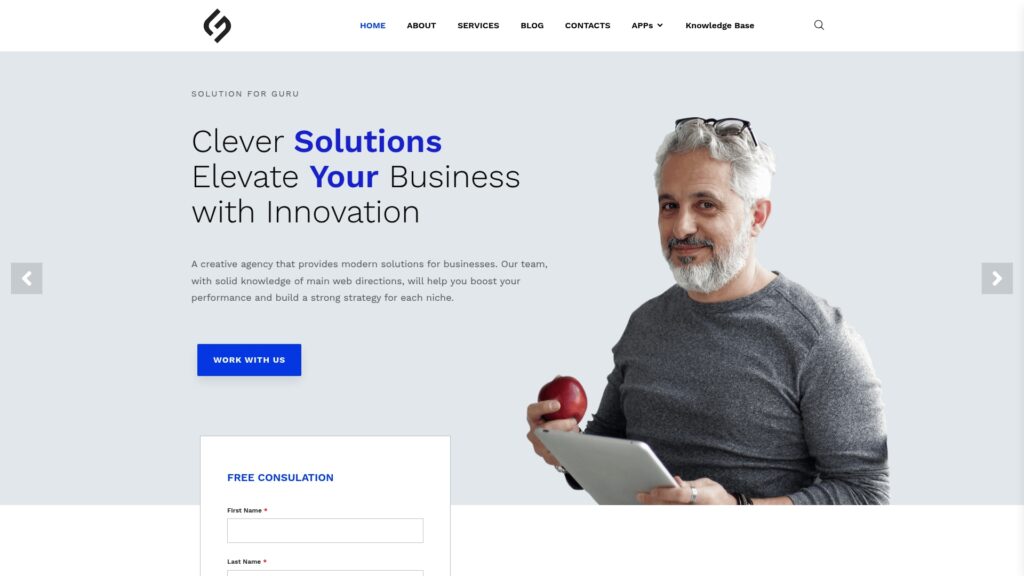
The company’s comprehensive approach to fleet management consulting encompasses not only technology selection and implementation but also process optimization, staff training, and performance monitoring. Consequently, businesses that partner with Solution for Guru achieve faster ROI, higher user adoption rates, and better long-term results from their vehicle tracking investments. Moreover, their industry expertise and vendor relationships enable clients to access the latest technologies and best practices in fleet management while avoiding costly mistakes and implementation delays.
Recommended
- Business Vehicle Tracking: Boosting Efficiency and Accountability on the Road
- Auto and Renters Insurance Bundle
- Preferred Auto Insurance Companies
- How to Get Auto Insurance Online
- Auto Insurance for Farms
- Auto International Insurance
- Comparing Commercial Auto Insurance
- The Top Commercial Auto Insurance Options

